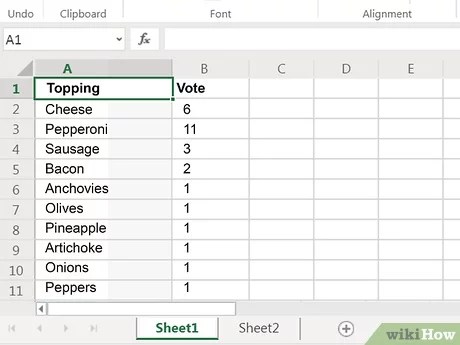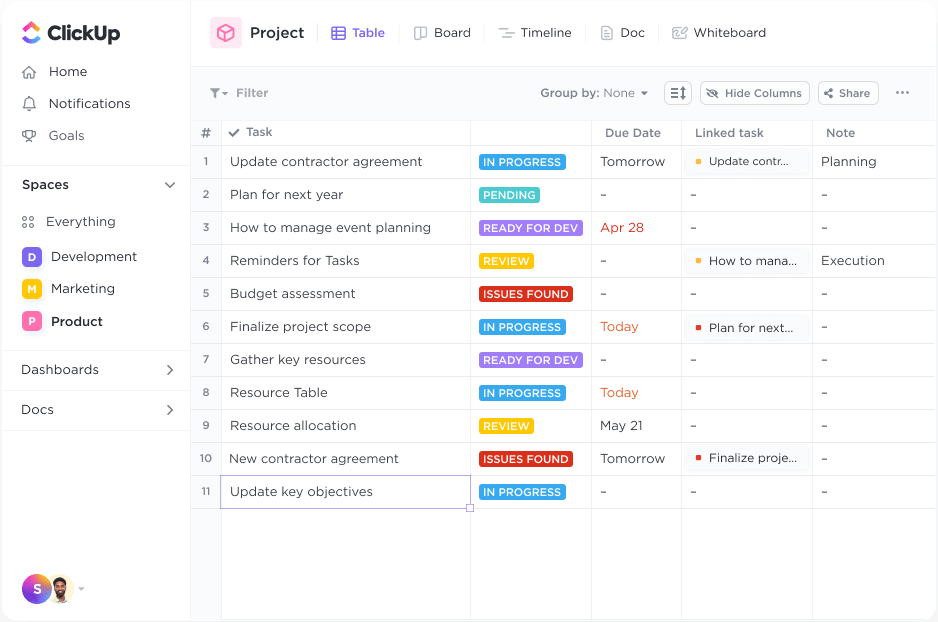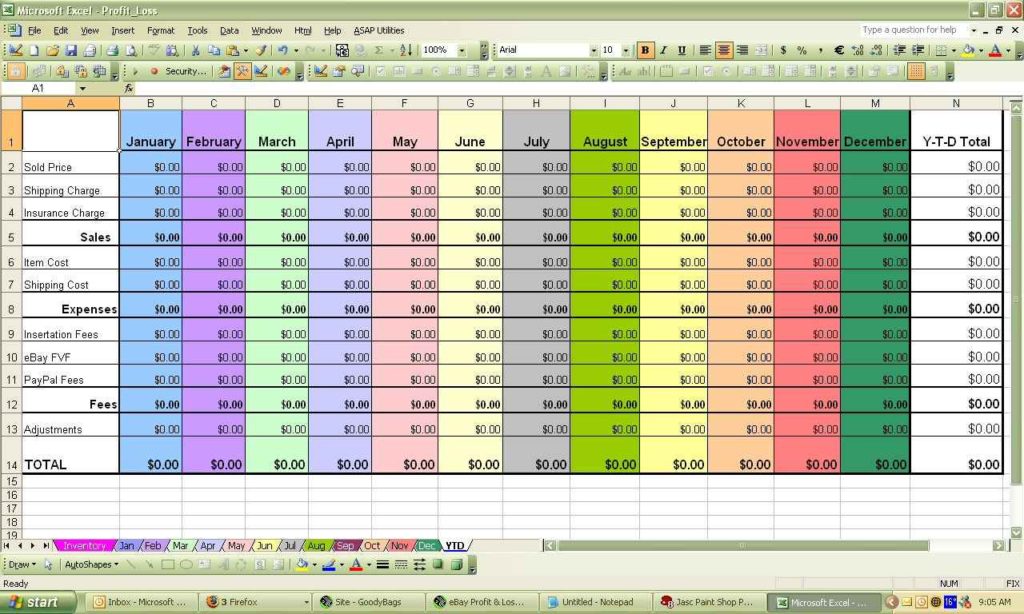5 Simple Steps to Start an Excel Sheet

Starting with Microsoft Excel for the first time can seem daunting, but it's a powerful tool that can significantly boost productivity once mastered. Here, we'll guide you through 5 simple steps to start an Excel sheet, ensuring you can dive into your data organization with confidence.
Step 1: Open Excel and Understand the Interface

When you launch Microsoft Excel:
- Ribbon: This bar at the top contains most of the tools and features.
- File Menu: Access options for saving, opening, and closing files.
- Formula Bar: Shows the formula or data of the selected cell.
- Workbook: The document that contains sheets.
- Worksheet: A single tab within the workbook where you enter data.

Step 2: Add Data to Your Worksheet

To enter data:
- Click on any cell to select it.
- Type in your data and hit Enter or click another cell to complete the entry.
- Use the arrow keys to navigate.
💡 Note: You can auto-fill data by dragging the fill handle (small square at the bottom right of the selected cell) for sequential or repeating data.
Step 3: Organize Data Using Basic Formulas

Excel is known for its formula capabilities:
=SUM(A1:A10)adds values in cells A1 through A10.=AVERAGE(B1:B10)calculates the average of the values in the selected range.- Use parentheses to prioritize calculation like
=A1 * (A2 + A3).
Step 4: Formatting Your Excel Sheet for Clarity

Here's how to make your data more readable:
- Text and Number Formatting: Right-click a cell, select 'Format Cells,' and choose the appropriate style.
- Colors and Styles: Use the 'Home' tab for cell background colors, text colors, and styles like bold or italic.
- Cell Merging and Alignment: Align text or merge cells for headers.
Formatting not only makes your sheet visually appealing but also helps in identifying key data points.
Step 5: Save Your Work

It's essential to save your work:
- Click on 'File' in the ribbon or use the shortcut CTRL + S.
- Choose your location, provide a name, and save as an Excel Workbook (usually .xlsx).
💡 Note: Remember to save regularly, especially when dealing with complex data or while closing the application.
In summary, getting started with Excel can seem complex, but these five steps provide a foundation for anyone looking to manage data effectively. By understanding the interface, entering data, using basic formulas, formatting, and saving your work, you're well on your way to becoming proficient with one of the most versatile tools in data management and analysis.
What are some basic Excel formulas I should know?

+
Basic formulas include SUM, AVERAGE, COUNT, MAX, MIN, and simple arithmetic operations like addition, subtraction, multiplication, and division.
Can I save my Excel sheet in different formats?

+
Yes, Excel allows you to save your work in various formats like CSV, PDF, XLSX, XLS, and more, offering flexibility based on your needs.
How can I prevent accidental data changes?

+
Lock cells or sheets, or use the ‘Protect Sheet’ or ‘Protect Workbook’ feature from the ‘Review’ tab to prevent unintended modifications.



